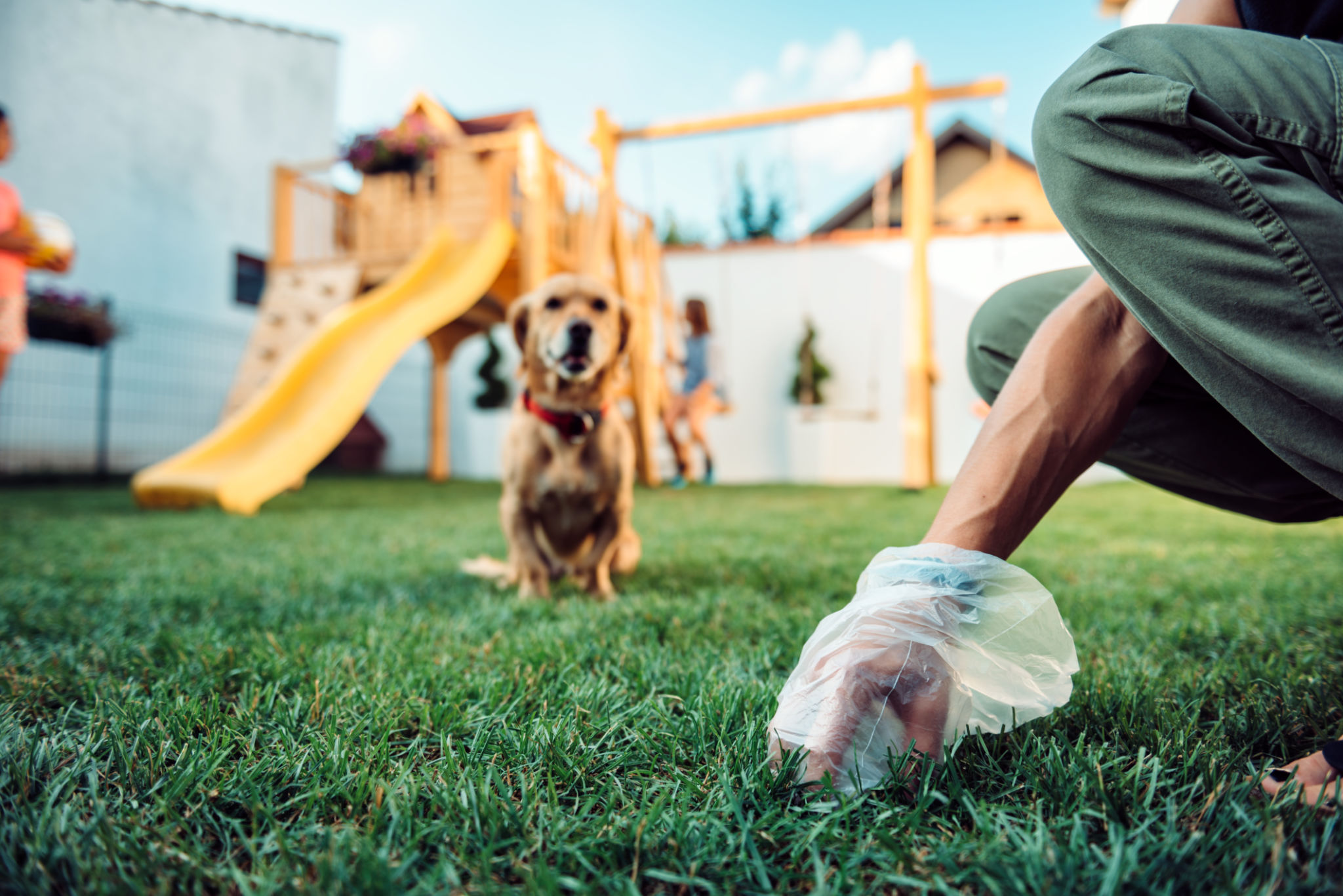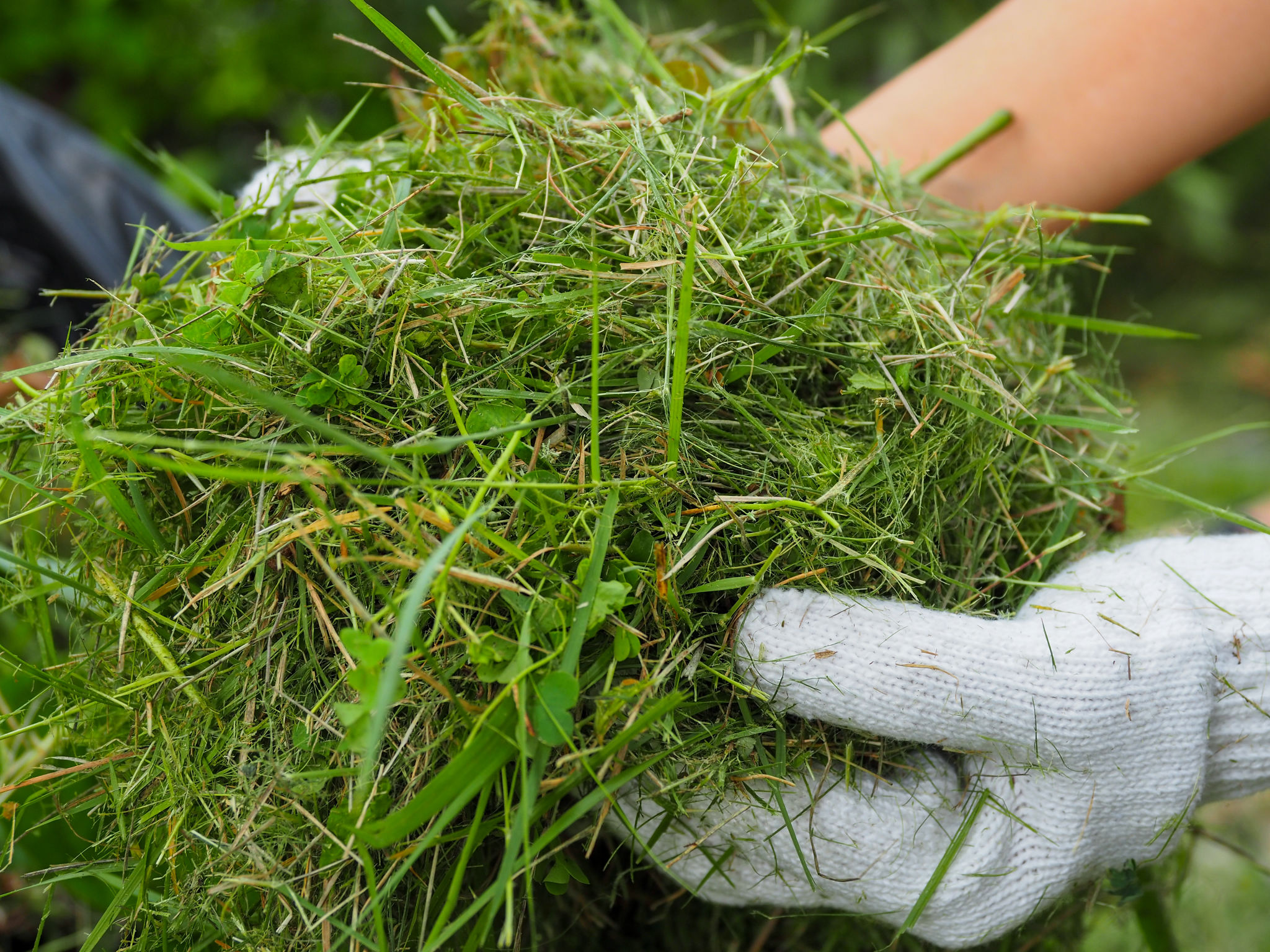Common Misconceptions About Pet Waste and Lawn Health
AJ
Understanding the Impact of Pet Waste on Lawn Health
One common misconception is that pet waste acts as a natural fertilizer for lawns. While it might seem logical that animal waste could benefit plant growth, pet waste, particularly from dogs, is not suitable for this purpose. Unlike manure from herbivores like cows, dog waste contains high levels of nitrogen and other compounds that can actually harm your grass.
Excess nitrogen from pet waste can lead to lawn burn, resulting in unsightly patches of dead grass. This is because the concentration of nitrogen is too high for the grass to handle, causing it to "burn" in a similar way to over-fertilization. It's important to clean up after your pets promptly to maintain a healthy lawn.

Does Pet Waste Decompose Naturally?
Another misconception is that pet waste naturally decomposes quickly and harmlessly. While it does eventually break down, the process is slow and can introduce harmful bacteria and parasites into the environment. This can pose risks not only to your lawn but also to the health of family members and other pets that use the yard.
Pet waste can introduce pathogens like E. coli and roundworms into the soil, which can linger and potentially spread disease. For this reason, relying on natural decomposition is not sufficient for maintaining a healthy yard environment.

Pet Waste and Water Pollution
Many people are unaware that pet waste can contribute to water pollution. When left on the ground, rainwater can wash the waste into storm drains and local water bodies. This runoff can severely impact local ecosystems by introducing harmful bacteria and excess nutrients that disrupt aquatic life.
To prevent water pollution, it's crucial to pick up pet waste promptly and dispose of it properly. Many communities offer dog waste stations with bags and disposal bins to help pet owners manage this responsibility.

Effective Ways to Manage Pet Waste
Managing pet waste effectively involves more than just picking up after your pet. Consider these practical solutions:
- Use biodegradable bags: Opt for eco-friendly options to reduce plastic waste.
- Designate a pet area: Train your pet to use a specific area of the yard for their business.
- Install an at-home pet waste disposal system: These systems are designed to break down waste safely.
Each of these strategies can help minimize the negative impact of pet waste on your lawn and the broader environment.
The Benefits of Regular Lawn Maintenance
In addition to managing pet waste, regular lawn maintenance plays a crucial role in lawn health. This includes proper mowing, watering, and aeration practices. By maintaining a healthy lawn, you can minimize the damage caused by occasional pet waste mishaps.
Lawn care professionals can offer valuable advice tailored to your specific grass type and climate, ensuring optimal growth conditions and durability against potential damage.

Conclusion
While it's a common belief that pet waste might somehow benefit lawns, the truth is quite the opposite. Understanding and addressing the misconceptions surrounding pet waste is critical for maintaining a lush, green yard. By taking proactive steps in managing pet waste and maintaining your lawn, you can ensure a healthier environment for both your family and your furry friends.